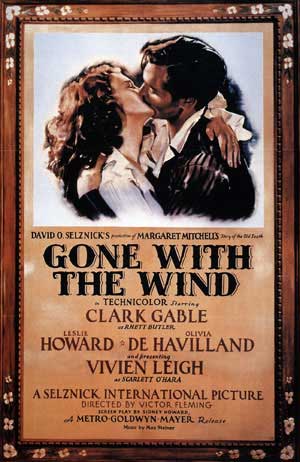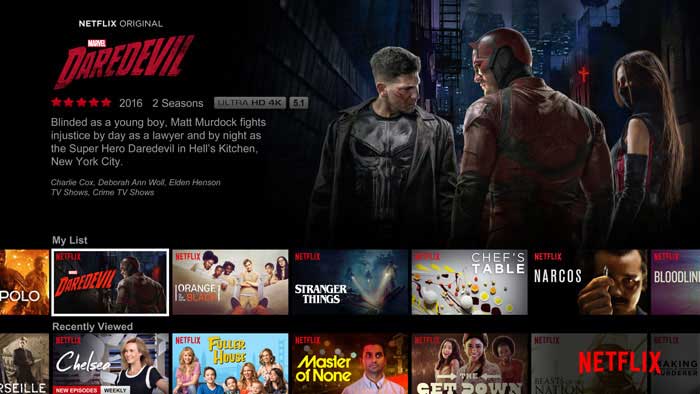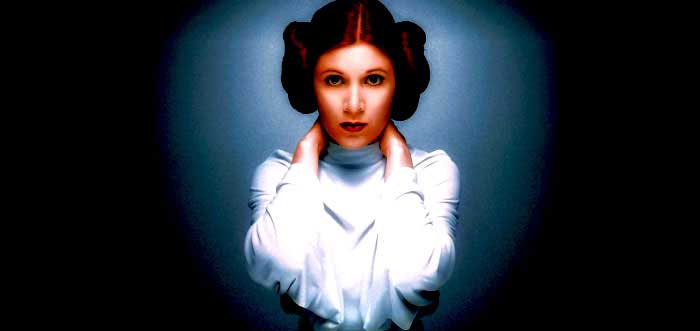"I'm going to make him an offer he can't refuse."
"Frankly, my dear, I don't give a damn."
"Why so serious?"
"May the force be with you."
"Here's looking at you, kind."
"Love means never having to say you're sorry." - Love Story, 1970
"They may take our lives, but they'll never take our freedom!" - Braveheart, 1995
"They call me Mister Tibbs!" - In the Heat of the Night, 1967
"Magic Mirror on the wall, who is the fairest one of all?" - This is the famous quote from Snow White and the Seven Dwarves, 1937.
"Badges? We ain't got no badges! We don't need no badges! I don't have to show you any stinking badges!" - The Treasure of the Sierra Madre, 1948. This is an actual misquote of the line "We don't need no stinking badges!"
"Just when I thought I was out, they pull me back in." - The Godfather. Part III, 1990.
"Gentlemen, you can't fight in here! This is the war room!" - Dr. Strangelove or How I learned to stop worrying and Love the bomb, 1964. When Stanley Kubrick sat down to adapt Peter George's novel Red Alert to the screen, the director struggled with treating the material as a straight drama, as he initially intended. "My idea of doing
"I wish I knew how to quit you." - Brokeback Mountain, 2005. Screenwriter Diana Ossana extracted this line from the New Yorker short story that inspired the film, co-written by Larry McMurtry. "The film has become a part of the popular culture," says Ossana. "We have a Google Alert for the film, and in the 10 years since it came out there hasn't been a day that there wasn't something, somewhere in the news about Brokeback Mountain."
"Good morning, Vietnam!" - Good morning, Vietnam, 1987. The real-life Adrian Cronauer confessed he came up with the line because he needed to make time while he was shuffling papers to start the show.
"Help me, Obi-Wan Kenobi. You're my only hope." - Star Wars, 1977. This line transcended to real life. Soon after the film came out, Sir Alec Guinness told the BBC he had been receiving very strange letters from fans seeking wisdom. "I've been getting some pretty strange letters: ‘My wife and I have got problems, could you come over and live with us."
"After all, tomorrow is another day!" - Gone with the wind, 1939. Although the screenplay had several revisions, this line is lifted straight form the book.
Image By Employee(s) of MGM [Public domain], via Wikimedia Commons
"I'm not bad. I'm just drawn that way." - Who Framed Roger Rabbit, 1988
"I'm the king of the world!" - Titanic, 1997. Director James Cameron admitted he was making a fool of himself by repeating the line as he accepted the movie's best picture Oscar.
"Fasten your seat belts. It's going to be a bumpy night." - All About Eve, 1950. Despite the film holding the record for the most Academy Award nominations for a single film (14, tied with Titanic and La La Land), this is one of the most misquoted lines in film history. Most say: "It's going to be a bumpy ride"




